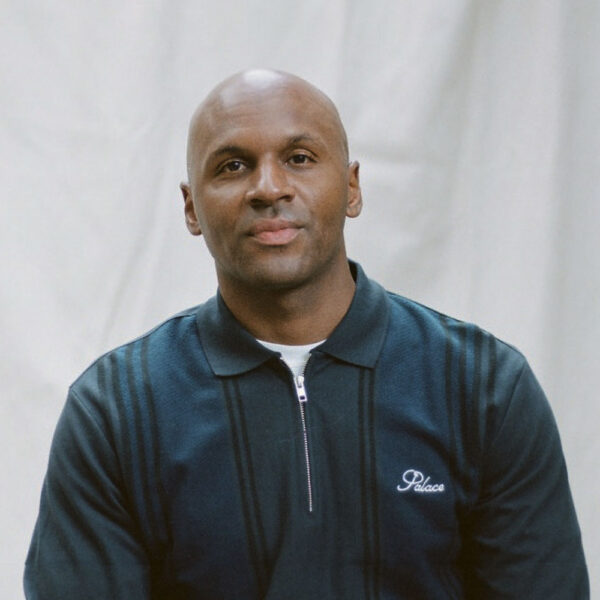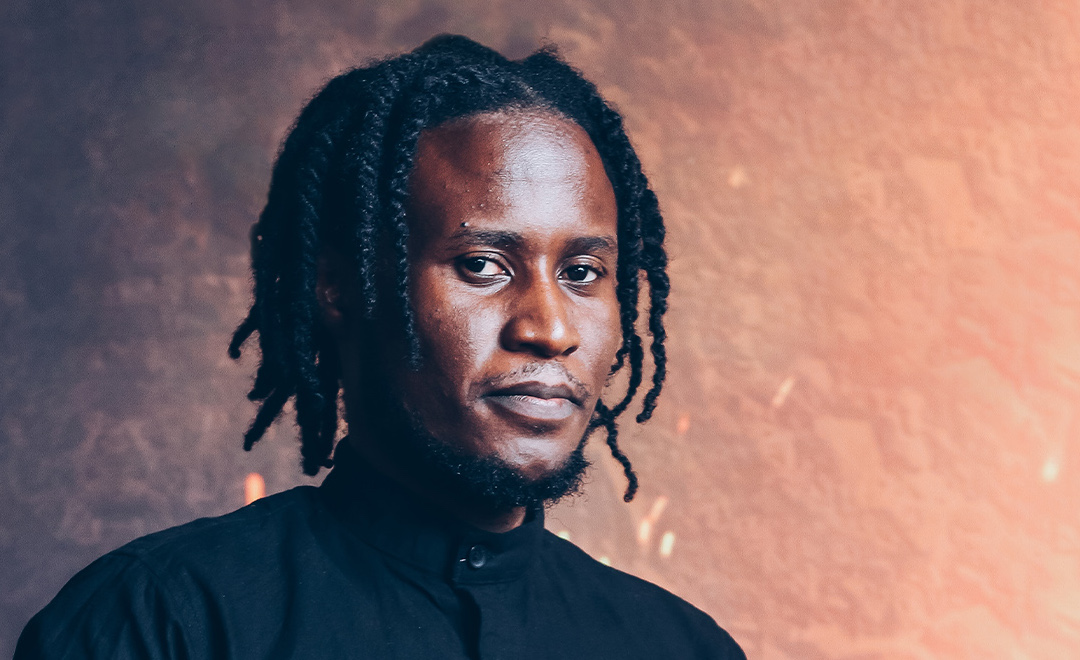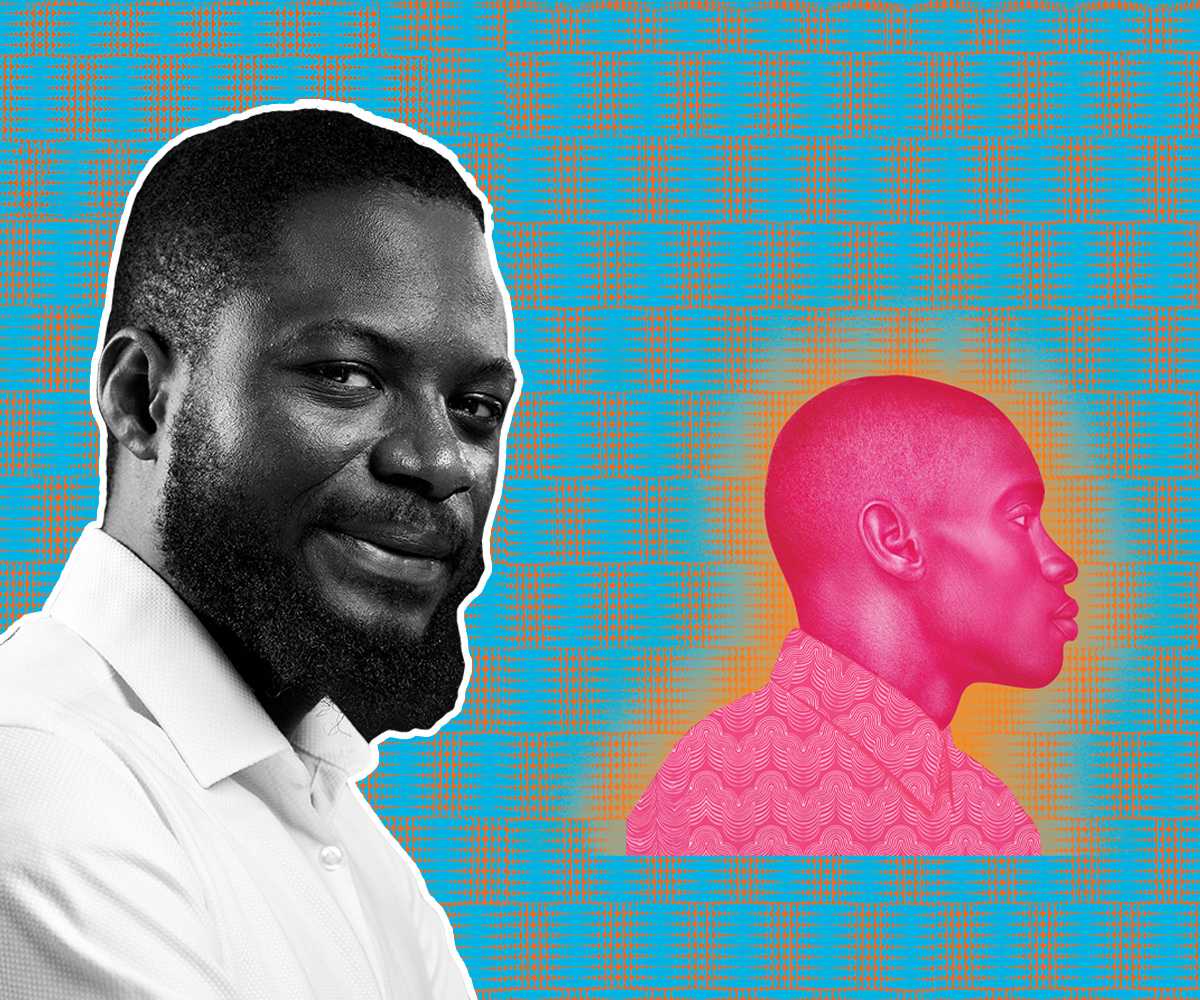
Moroccan-American rapper French Montana—the most streamed African-born artist—credits his mom for making some huge sacrifices that have had a major impact on his life. This changed the direction of Mandon Lovett’s documentary, For Khadija, to focus more on the rapper’s mother and how her love helped propel her son to stardom.
For Khadija premiered at the 2023 Tribeca Fest on June 17.
As director Mandon Lovett explained to STATEMENT about his process for making the documentary, “over the course of time, as French and I got to spend more time together, and I got to observe him just in more personal spaces, I was able to understand that he had a very unique relationship with his own mother.”
STATEMENT sat with Lovett to discuss his process for filmmaking, shooting in Africa, retracing French Montana’s steps in the Bronx, and his upcoming projects.
This interview has been edited for length and clarity.
STATEMENT: You’ve worked on a couple of documentary projects over the years. What’s your process for directing a doc like this or for directing documentaries in general?
Lovett: First, it’s finding a story. It all starts with the story which can come from different places like my own personal research, newspaper clippings, books, or word of mouth. Sometimes stories are pitched to me by other production companies or studios or by other people. I always do my own research if it’s a story that interests me, and from there, I come up with my own take on the story by asking what it is that I want to say about the story, or how I would tell it.
So how long does it take to carry out your research? What is that process also like?
It depends, as it could either be a long or short process. Sometimes I’ll start researching, pitch an idea, and then we’ll start producing the project, while research is still happening. So the research process can go on for a while and take place over the course of filming. You could be finding out other pieces of information during this time because you can’t find out everything that you need to know or understand about a story all up front.
Right. So what was it like blending and balancing the different styles in this doc? That is, the interviews with people, the French, the shots.
That was a really fun process in the edit. I think the documentary is unique in that it’s not just reviews and archival footage. There’s a lot of really stylish broll, and we were able to travel to different parts of the world, so you got to see the juxtaposition of the two continents, Africa and North America. So we just played with a lot of different things in the edit and really landed on a style that I felt like fit the film and fit the story.
Why are documentaries an important part of filmmaking? Why is this a medium you mostly work on?
I love authenticity and real stories. Sometimes I joke about whenever I go to see a movie, like a scripted movie, in the theater. I can be disappointed when certain things doesn’t ring true to me, when they feel like it’s too fabricated or too made up. I think there’s lots of people around the world that love fantasy films or crazy action sequences, but what I appreciate the most is reality and authenticity. And I feel like real stories can be as compelling as any sort of fictional story. So it’s just a personal preference of mine because I love real, authentic, true stories. I find a lot of value in them.
What’s your favorite part about creating documentaries?
It’s really getting to know my subjects on a different level. I love people. I like to observe people, and I like to find out more about people, especially celebrities and stars. I think there’s a lot more depth to artists and famous people [and people in general]. They put out so much content that we see, but a lot of it is curated, so I just love telling real stories about real people and allowing people to look at their lives in a different way.
Okay, so away from documentaries you’ve made, do you have any favorite documentary out there that you’ve seen and you loved so much?
Sure. One of my favorite documentaries is OJ Made in America. It came out maybe five or six years ago, I’m not exactly sure when.
What I loved about it was fascinating because it took an event and a person that I think a lot of us here in the United States already knew, who was a big American football star named OJ. Simpson, who was accused of a crime. And this crime had sort of captured the attention of American society for a long period of time, and there was so much media attention given to it at that time that I think all of us who experienced it thought that we knew the story, the beginning, middle and end of the story.
But what I thought was interesting about this film and the filmmaker was that he took this event and was able to show it from a totally different, much broader perspective and how it affected different parts of America, and how the life of this person might have come to shape that event. It took an event that we all knew, gave it a much broader perspective, and then shed a lot of new light on it. So that’s a documentary that I really sort of hold in very high regard.
As the director of For Khadija, what are some of the conversations you hope people have after watching it?
I want people to walk away being inspired because French really did go through so many obstacles, starting from the first time he set foot on American soil. I think there’s this idea that when people from other countries come to America, it’s going to be a path full of roses. Everybody has to work hard and everybody has their own journey, and America represents a lot of opportunity, but it doesn’t happen freely. It’s not just given freely in the sense that it’s handed over to people as they have to work and sacrifice, and French, his mother, and his family really did that with their dreams coming true, despite all of the setbacks and the personal tragedies.
So I want people to see these things and understand that, yeah, this is a real story. This really happened to a person that you all know, and he went through all of this, but he persevered and had a spirit of resilience that I think that we all have inside of us.
What were some of the difficulties faced while filming?
Sometimes, when you’re traveling internationally, you run into some issues. I know there was a funny story where the film starts off with these aerial footage of Casablanca, Morocco, and I had brought a drone which I was able to get into to the country and film freely. However, on my way out, for some reason, the customs confiscated it. I’m still not sure exactly why they did, but I know they did. They told me it wasn’t allowed, and so I had to think on my feet, and I took the memory card out of the drone right before they went and took it from me. The drone is still in Morocco in the airport somewhere.
But what was more important than the drone was the memory card, which contained the footage that I shot. Yea, so that was just one of the early obstacles we went through. But in general, it was a very collaborative and fun process, but it was also a lot of hard work.
Yes. So you mentioned the drone, the confiscation and everything. So what was it like filming in Morocco and the Bronx?
It was a lot of fun. I’m blessed that film, the camera, and these ideas have been able to take me to so many different places. I’ve been to so many countries in the name of my work, and I feel incredibly blessed in that regard.
Shooting in Morocco was my first time in Africa, and I was ready to take it all in. As a person from the United States on the continent for the first time, I was just seeing it like a child. I wasn’t taking any of what I was seeing for granted, so I really wanted to shoot everything.
I had a lot of fun just walking around the city with my crew and filming the culture, the people, anything I saw, and not necessarily knowing at that moment where this stuff might be placed in the film. The Bronx was great as well. I spent some time in New York after college, so I knew that part of town, but getting to see it in a new light and sort of retracing French’s steps — going to his old apartment where he lived with his family, and the playgrounds that he played on, talking to some people that knew him, — in a place that is very much alive and full of so much culture was cool.
Right, so what’s next for you?
I’m working on a couple of films that are just in the development and the production process right now. It’s too soon to say what they’re about, but I have some really cool projects up my sleeve, and I’m super excited about them. I love music, sports, and love to do projects that are interesting to me. So I can say that the projects I have coming out are around the two [sports and music].

